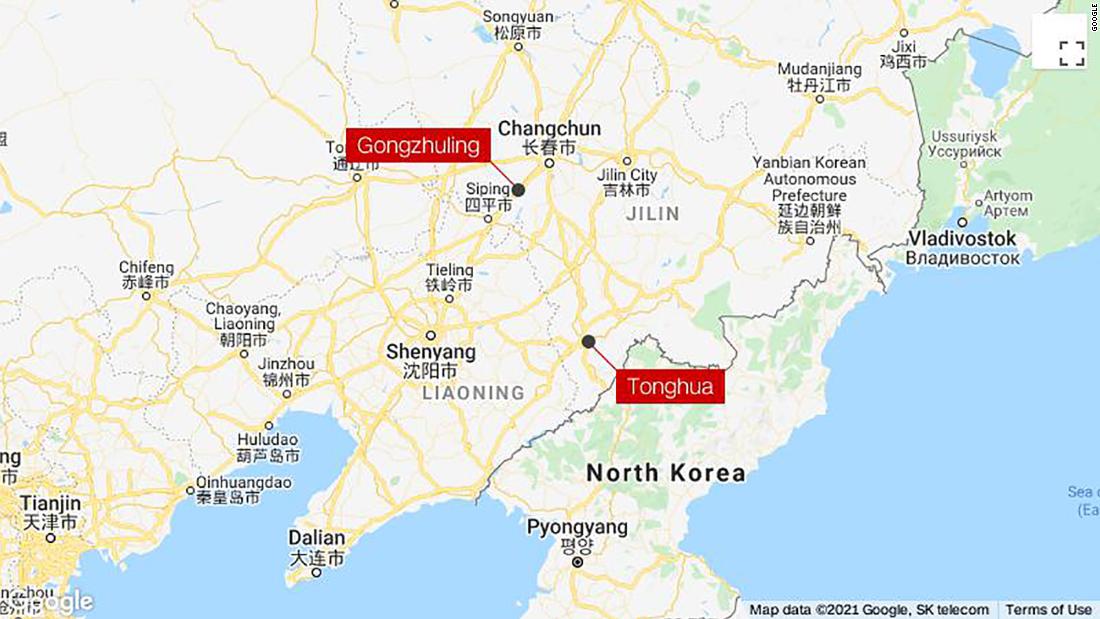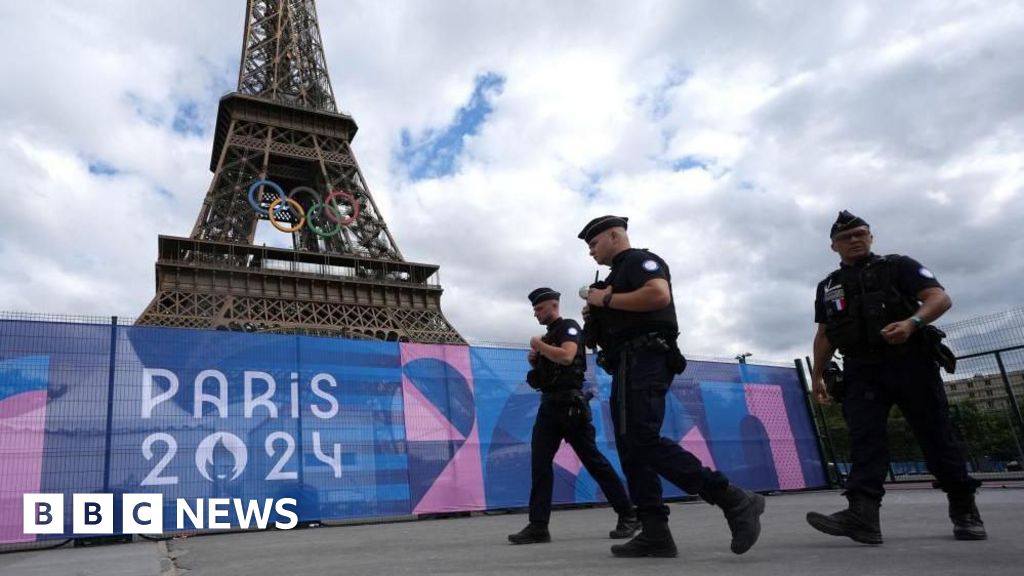The individual, who was working as a salesman promoting health products for the elderly, had traveled from his hometown Heilongjiang Province to neighboring Jilin Province, carrying the virus with him.
Authorities claim he unintentionally spread the virus among the elderly population for several days before health officials tracked him down as he was in close contact with a confirmed case.
“The widespread phenomenon in our province occurred mainly because when the superoxide was discovered, it was still in its initial stage of infection and had a relatively strong ability to clear the virus,” said Zhao Qinglong, an official in Jilin Province. Center, the state news agency Xinhua.
The apparent widespread event occurred in Jilin as China grappled with the worst outbreak of coronavirus in months, which has seen hundreds of cases reported and tens of millions of people under lockdown in its northern provinces.
It also showed the extent and speed of contact tracing and screening by Chinese health authorities, which have played a critical role in taming local outbreaks.
Detailed itinerary and privacy concerns
The seller was diagnosed as a confirmed case of Covid-19 on Sunday, after it was initially identified as an asymptomatic carrier last Tuesday, according to the Jilin Provincial Health Commission. China records asymptomatic infections separately from the official case count.
Over the course of four days, the man held four “health seminars” or marketing sessions in community health clubs targeting the elderly residents of Gongcheoling and Tonghua, Jilin.
Zhang said that all the infected people had been tracked because they had close contact with the man and were placed under quarantine, before they were tested positive for the virus during medical observation.
Although it is an effective contact-tracing tool, the announcement of the detailed travel history of coronavirus patients has also led to privacy concerns in China.
Community health clubs are under scrutiny
The apparent pervasive and widespread Jilin event has brought community health clubs under further scrutiny by health experts and authorities.
“The injured have gathered in a closed place for a long time,” Zhao, a health official in Jilin, told Xinhua. “Most of them are middle-aged and elderly people with underlying health conditions and weakened immunity, and therefore very vulnerable to infection.”
So-called “health clubs” that provide elderly care services are becoming increasingly popular among residential communities in China, with regular marketing sessions, often called “health lectures”, held to promote health products such as supplements and physiotherapy equipment.
Unlike cinemas, restaurants, karaoke halls and other commercial places, these clubs are often hidden in residential buildings and difficult for authorities to regulate, according to Xinhua.
A market surveillance official in Jilin Province said at the press conference that Jilin authorities are investigating whether the two health clubs in which the man had promotions violated any regulations.





